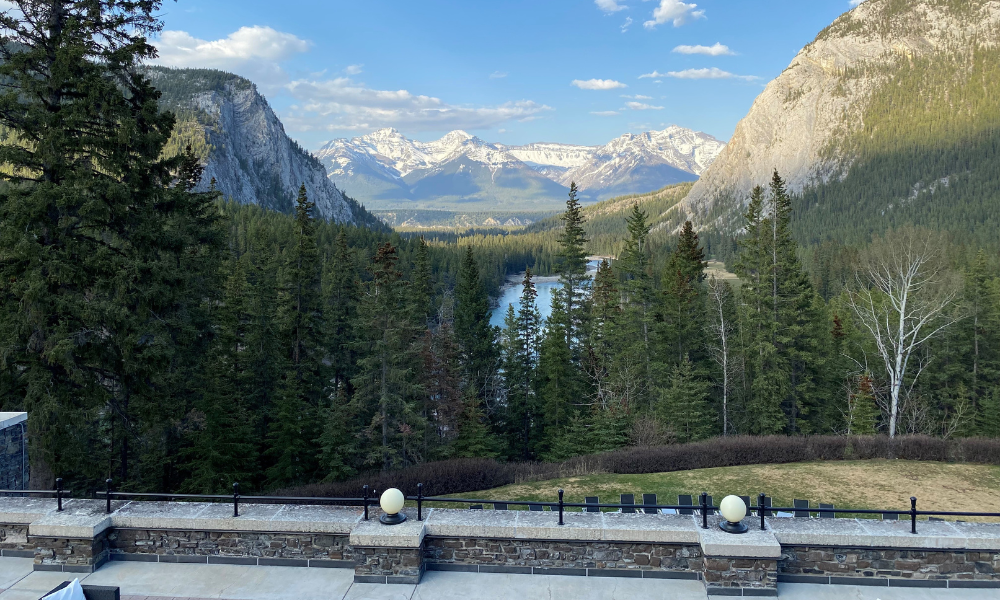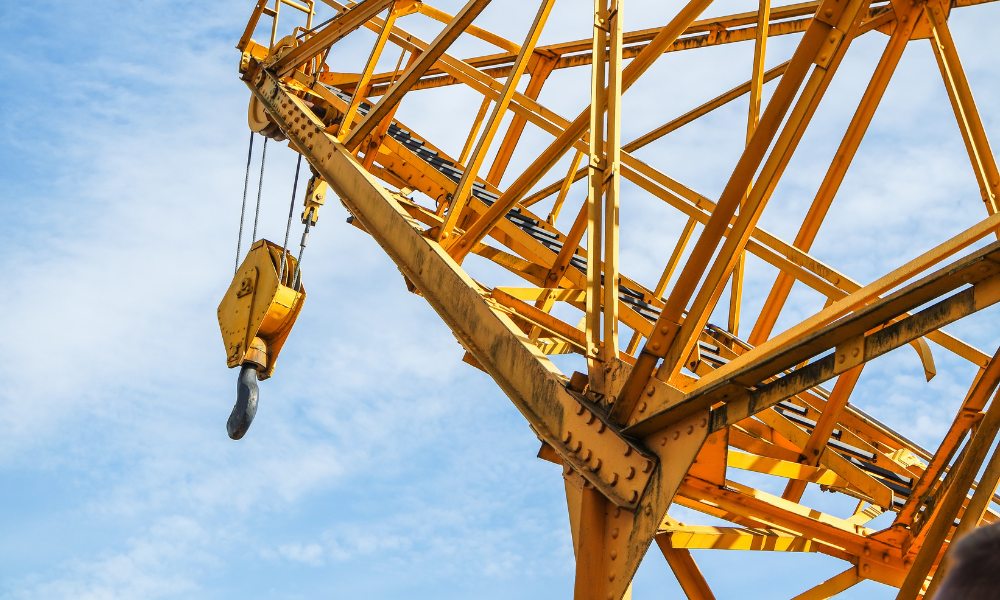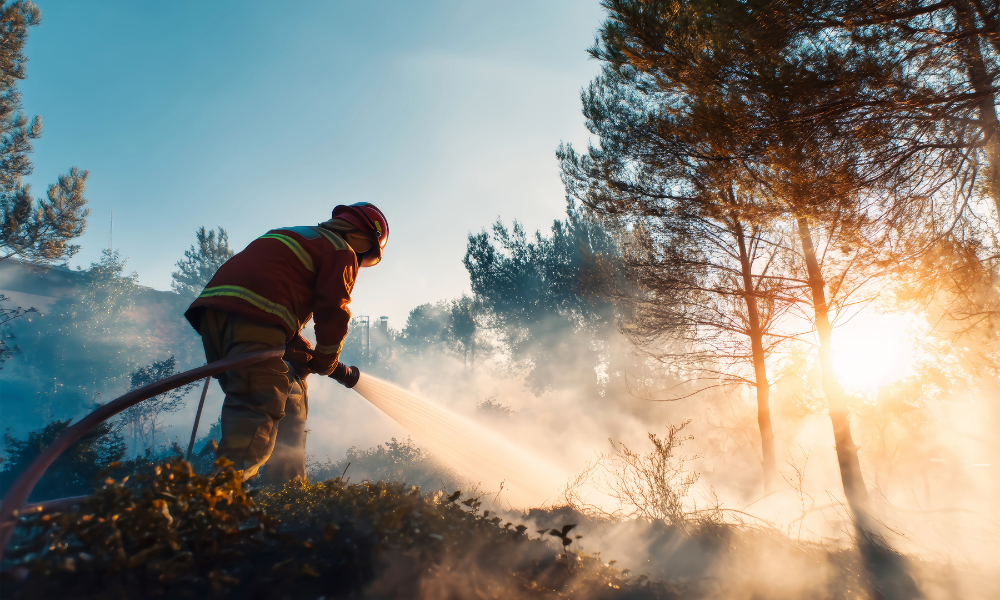Rate of improvement has dropped dramatically, CEO of Energy Safety Canada warns

Energy Safety Canada brought together close to 900 safety professionals at The Fairmont Banff Springs Hotel in Banff, Alberta last week for the annual Energy Safety Conference. It was an event marked by a powerful call to improve, and by a force of nature that presented an unexpected safety risk.
Held in Alberta, most of the attendees work in the oil and gas industry, and the message Murray Elliott hopes will resonate with them is that they’ve done well, but they can be better.
“There are very few industries that have had the kind of safety track record of improvement and performance that we do. But if you look over the last number of years, the rate of improvement has dropped dramatically. And we need to start doing things differently,” according to Elliott, who serves as the president and CEO of Energy Safety Canada, one of The Best Work Safety Training in Canada awardee.
The conference
The keynote speaker was Todd Conklin, one of the foremost experts in human and organizational performance. He told the room of safety professionals the era of blaming the worker is over, and leaders need to be constantly learning from their employees. “It's really about changing from a blame and compliance culture to learning and using the expertise of the workers to make those next step improvements,” says Elliott.
The conference was designed to flow from that presentation into a series of sessions and talks more focused on the tactical and practical applications of Conklin’s theories, with one main overarching message; “What you've done historically is good, and you’ve got to keep doing that. But you also need to start to do things differently, if you expect different outcomes,” says Elliott.
There were more than two dozen talks, workshops, and sessions delivered by experts in their respective fields, too many for a single individual to attend on their own. And then there was the trade show, with even more vendors showcasing their products and services, all with a focus on improving safety in the energy sector.
There were not many representatives from smaller renewable energy businesses. Elliott points out that several of the large oil and gas companies also have significant investments in the renewables sector. “They're all getting an integrated energy perspective… so where you don't see someone from a small wind energy company, you do see the majors that cross every form.”
There was one session focused on the renewables sector, with speaker Laurence Pearlman explaining how it can improve safety practices by learning from oil and gas, which is more experienced in controlling similar hazards.
Weather & Wildfires
As the oil and gas safety professionals gathered, they basked in sunshine and unseasonably warm temperatures in the mid to high 20s. That, combined with the spectacular Banff mountain scenery made for a truly beautiful week. But high temperatures and dry conditions can also pose safety hazards, as the people of Alberta and British Columbia know all too well due to climate change.
Towards the end of the conference, thousands of Albertans were forced to flee their homes because of wildfires. And one of those wildfires impacted the conference.
A dinner that was supposed to be held at the Mountain View BBQ Wednesday evening was cancelled about an hour before it was set to begin because a wildfire posed a safety threat. Instead, the Energy Safety Canada team and the staff from the restaurant quickly shifted gears, bringing the dinner event back to the conference centre at the hotel. Conference organizers even helped the catering staff by serving food and bussing tables.
“The team pivoted, and the show went on, just in a different way, and a different format,” says Elliott, who is proud of how his team reacted to the unpredictable wildfire. “It's a very capable team, being able to respond and adapt,” explains Elliott, who says those same principles encompass the safety message he hopes attendees are reflecting on now that the event is over.
“For our safety management programs and the human and organizational performance, use those skills to understand and then work to adapt and be flexible within a system of controls.”
Skills many leaders could use, because safety is everywhere, all the time, especially when we don’t expect it.





